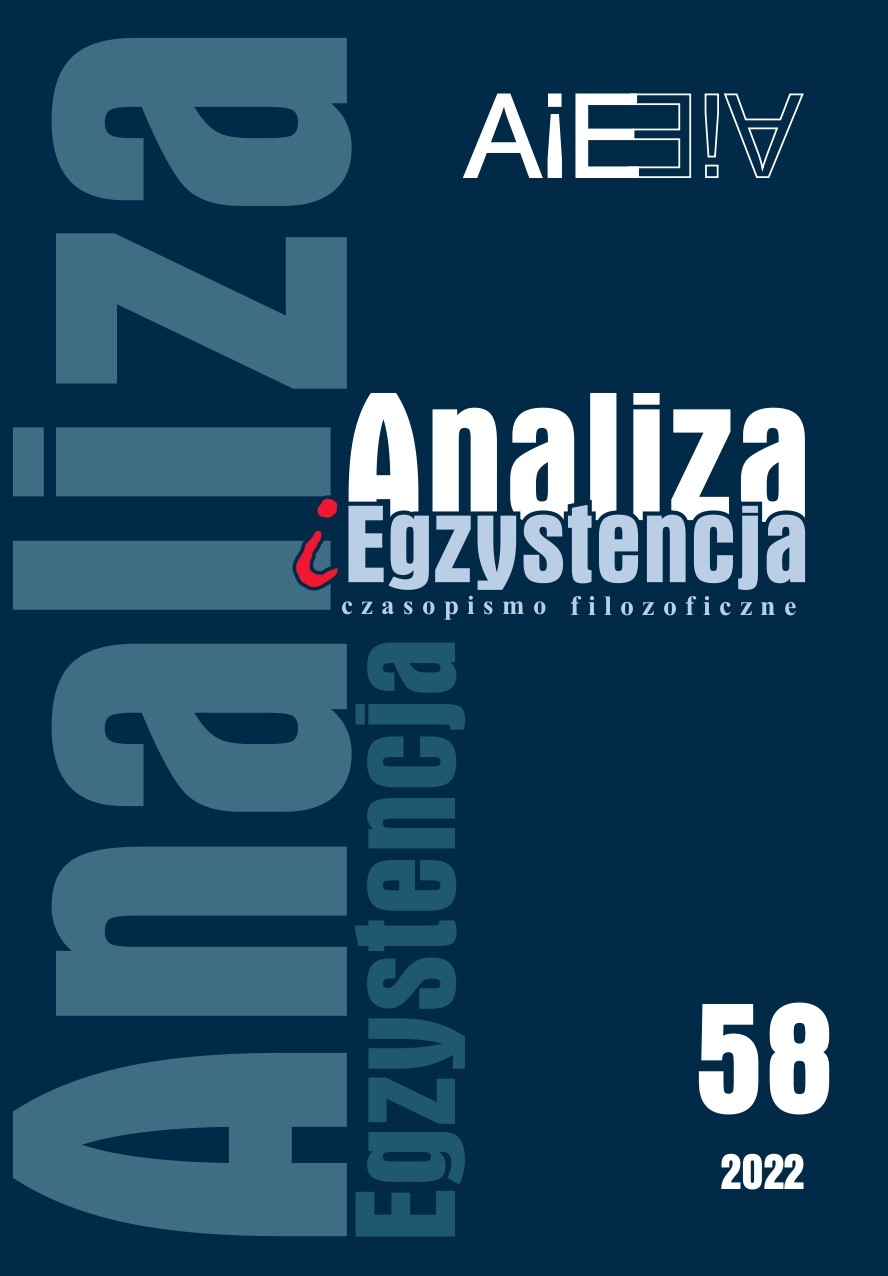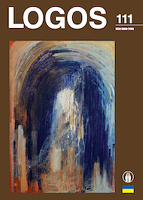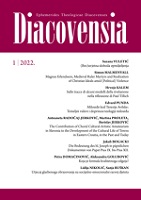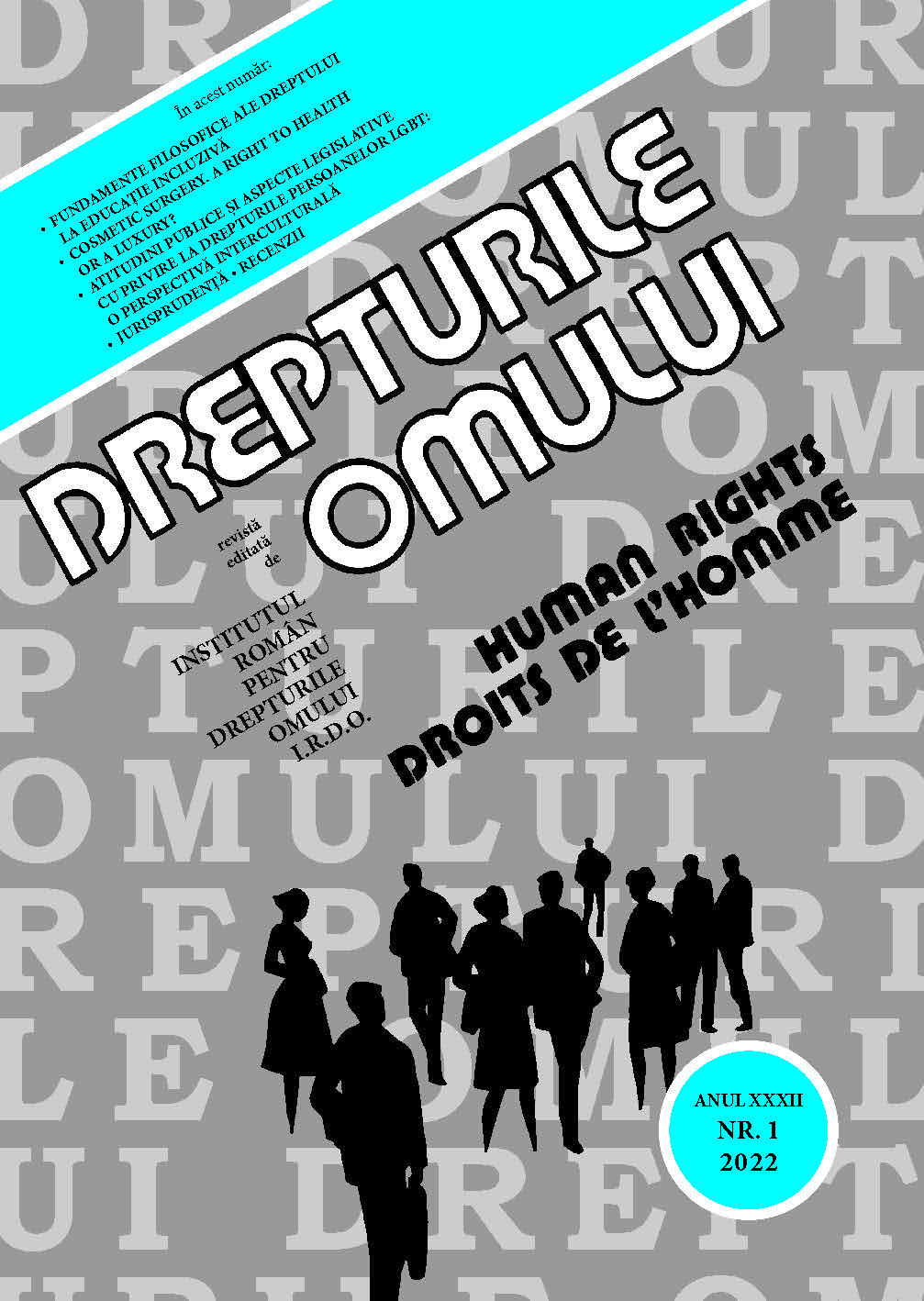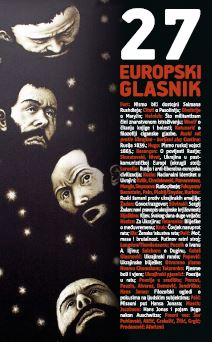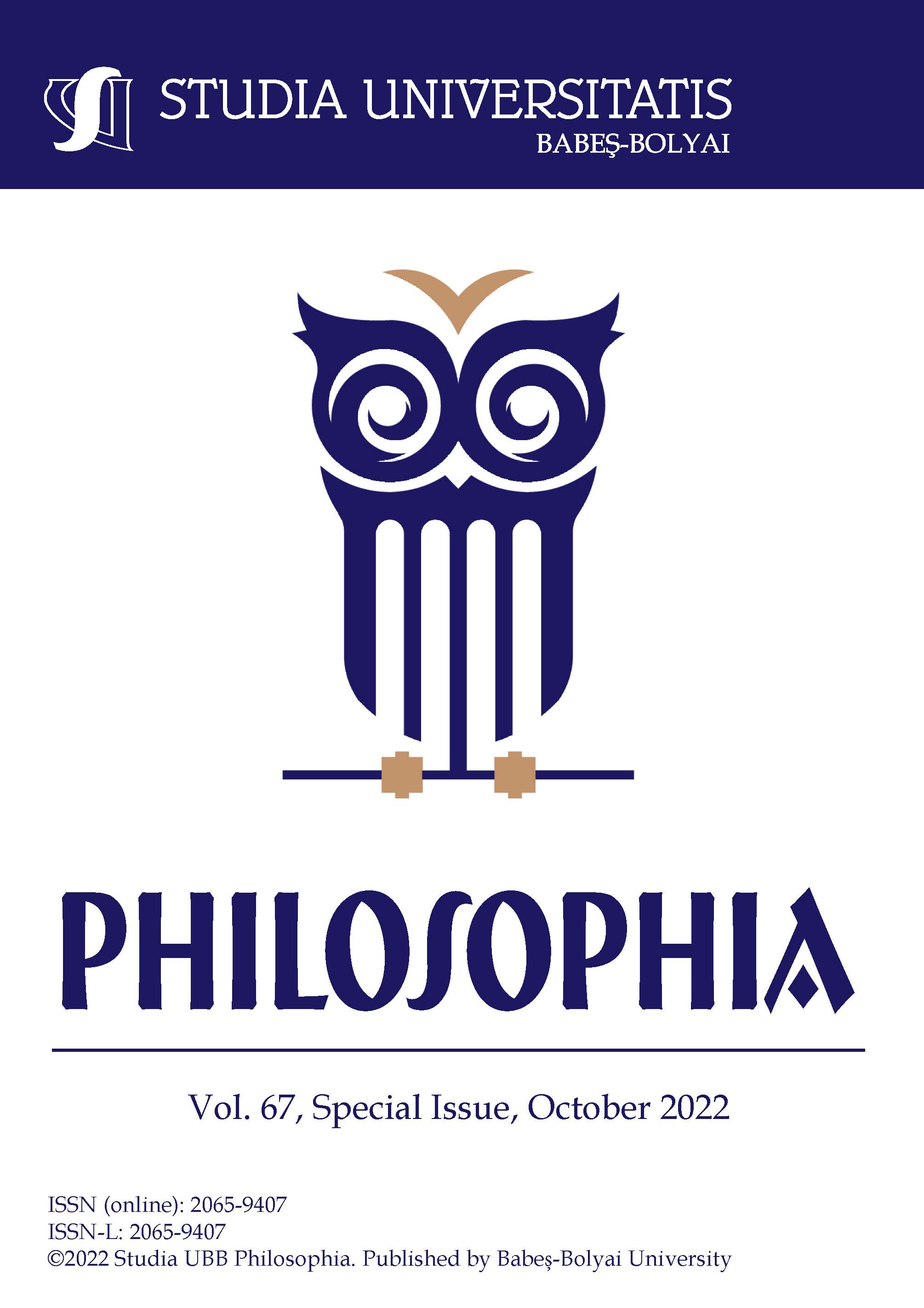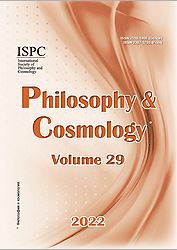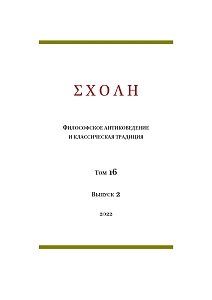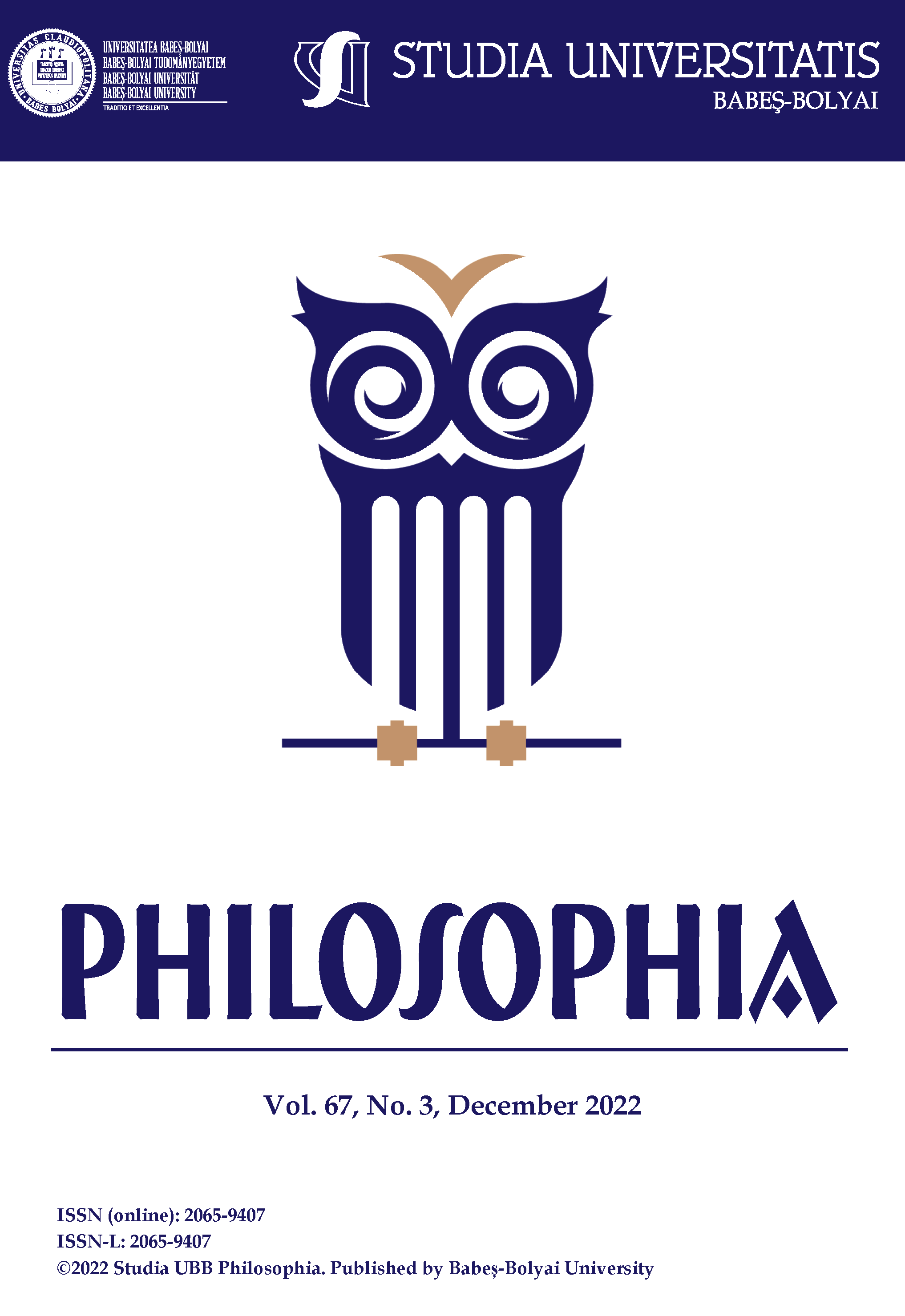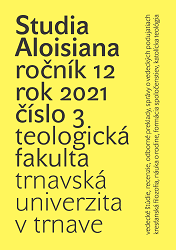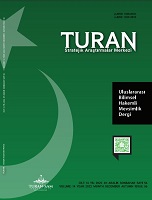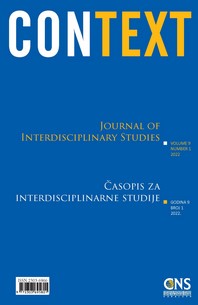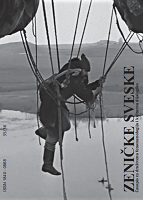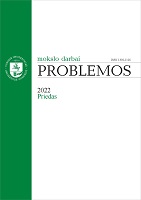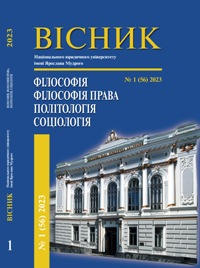
BATTLE FOR MINDS. ELEMENTS OF CRITICAL PEDAGOGY
In my study, I concentrate my attention on some aspects of Freire’s thought on pedagogy. I analyse some aspects of Freire’s opposition between his model of pedagogy and the banking model of education, i.e. the oppressor pedagogy: the bank education’s goal is to establish and conserve a hierarchical society; the problem-posing education aims to establish an egalitarian society and eliminate oppression forms. The concepts of anthropology which underlie the two pedagogical systems are quite dif erent from each other: bank education views individuals as complete entities, i.e., as entities whose essence is given once and for all, whereas problem-posing education sees individuals as self-transcending entities and thus as entities who develop and change in history. I then analyse Freire’s investigation on the mechanism of internalisation: internalisation is the process through which oppressed individuals are transformed into entities mentally directed by the oppressors. It corresponds to the complete assimilation of the mind of the oppressed to the mind of the oppressor. The oppressed are therewith transformed into replicas of the ideology of the oppressors. The text of Freire which I use for my investigation is Pedagogy of the oppressed.
More...
